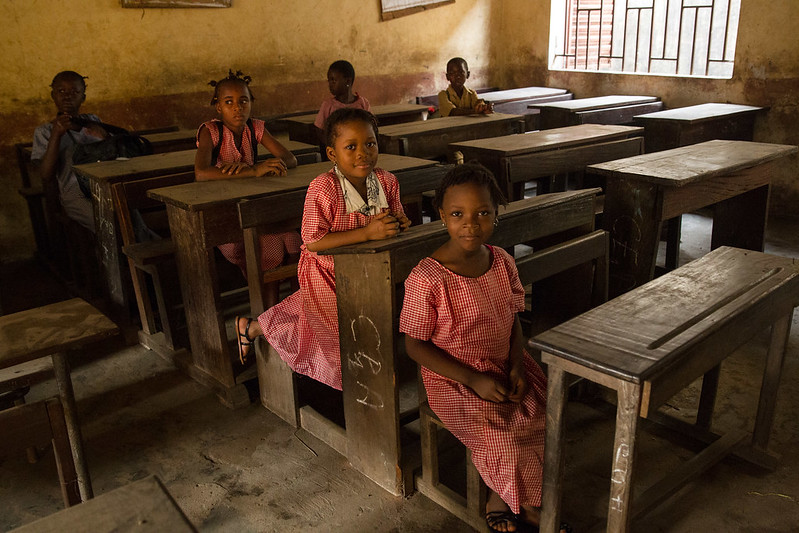The School Meals Coalition Helps Hungry Students

During the Food Systems Summit in September 2021, the United Nations launched the School Meals Coalition. The coalition emerged as a response to the African Union’s March 2021 communiqué regarding the need for a global school meal program.
The COVID-19 Pandemic and Food Insecurity
The COVID-19 pandemic has exacerbated existing food insecurity among school children worldwide. Food insecurity severely affects children living in low to high-income countries. School closures amid COVID-19 and a lack of resources have resulted in schoolchildren being unable to access meals they previously received from schools. To make matters worse, the incentive to attend school and receive an education frequently diminishes as food insecurity grows. The School Meals Coalition aims to prevent growing food insecurity in schools. The coalition is seeking to ensure that every child receives access to healthy school meals by 2030 to address the effects of the pandemic and improve the quality of life for all children.
How Hunger Affects Education
More than 1 billion children attend school worldwide. Before the COVID-19 pandemic, 338 million children relied on school meal programs. Unfortunately, there still remained 73 million children in 60 lower-income countries without access to these essential school meals. COVID-19 has only increased the number of hungry children globally. At the peak of the pandemic in April 2020, school closures meant that 370 million children lost access to their one guaranteed meal for the day.
Even as schools reopened in 2021, 150 million children continued to go without school nutrition. Access to food stabilizes communities. Conversely, poverty and hunger often cause students to leave school. Without food stability, students lose the incentive to attend school. Ultimately, lack of education and poverty increases child labor and leaves young girls vulnerable to early marriages and gender-based violence.
UNICEF’s The State of the World’s Children 2019 report found that undernutrition produces various obstacles for children. Malnutrition leads to susceptibility to infection and poor cognition and development. In 2019, 149 million children younger than 5 years old suffered from stunting and close to 50 million children endured wasting. The report concluded that nutrition plays a vital role in child development and beyond, stating that hunger “threatens the survival, growth and development of children, young people, economies and nations.” If left unchecked, malnutrition can hinder the livelihoods of people across the world.
What is the School Meals Coalition?
Spearheaded by Iceland, Finland, France and the World Food Programme (WFP), the School Meals Coalition faces a challenging task. In its entirety, the coalition includes 40 member states, U.N. agencies, academic groups, multilateral organizations and more. The European and African Unions prioritize the coalition’s success. For the alliance to succeed, it needs to repair pandemic-induced losses by 2023, reach previously missed students from low-income countries and improve its strategy for school meal programs by 2030.
Although the task appears daunting, the program is seeking to make sustainable and manageable changes to existing systems. For instance, the School Meals Coalition will equip schools worldwide to rely on healthy, local and indigenous foods the communities prepare. By providing communities the tools for school meal programs, the coalition will utilize a “holistic approach to child well-being through the integration of education, health and social protection.”
Thus far, the coalition has established initiatives to set the program in motion. Such initiatives include a research consortium, a financing task force and an advocacy and outreach task force. Furthermore, the coalition intends to create a peer-to-peer network to share strategies and a monitoring process that the World Food Programme leads. The WFP’s annual “State of School Feeding Worldwide” publication will look at the coalition’s progress.
The Coalition’s Impact Beyond the Classroom
The School Meals Coalition will inevitably impact more than just nutrition for school children. Ultimately, the coalition will help to improve and stabilize communities and food systems. Programs like the WFP’s Home-Grown School Feeding Program will emerge across low to high-income countries. When schools utilize food that communities produce and prepare, women and local businesses receive equitable and equal opportunities. Not only will students receive a quality education with suitable learning conditions but their families will also encounter job opportunities and learn sustainable food and business practices.
– Dana Gil
Photo: Flickr
